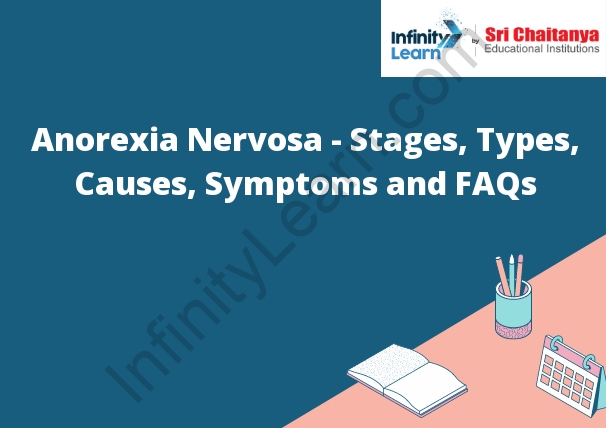Table of Contents
What is Anorexia?
Anorexia nervosa is an eating disorder characterized by an abnormally low body weight, intense fear of gaining weight, and a distorted body image. People with anorexia often see themselves as overweight even though they are dangerously thin.
Anorexia nervosa is a relatively rare condition. It usually begins in young women, but men and older women can also develop it.
People with anorexia nervosa typically restrict their food intake by dieting, fasting, or excessive exercise. As the condition progresses, they often lose a lot of weight and become very thin.
People with anorexia nervosa often have a distorted body image. They may see themselves as fat, even when they are dangerously thin. This can lead them to avoid food and weight gain at all costs.
People with anorexia nervosa are at risk of serious health problems, including dehydration, low blood pressure, heart problems, and even death.

Stages of Anorexia
Nervosa
Anorexia nervosa is a serious, life-threatening eating disorder. People with anorexia nervosa have an intense fear of gaining weight and of becoming fat. They severely restrict their food intake and/or exercise to the point where they are significantly underweight.
There are three main stages of anorexia nervosa:
1. Preoccupation with weight and dieting
2. Restricting food intake
3. Starving and purging
People with anorexia nervosa often start by obsessing about their weight and dieting. They may begin to cut back on the amount of food they eat, or start to exercise excessively. As their condition worsens, they may start to starve themselves and purge their food by vomiting or using laxatives. This can quickly lead to dangerous health problems, including organ failure and even death.
Types of Anorexia Nervosa
Anorexia nervosa is a psychiatric disorder characterized by an obsessive fear of gaining weight, a distorted body image, and an excessive dieting. People with anorexia nervosa often have an unrealistic perception of their own body weight and see themselves as being overweight even when they are dangerously thin. As a result, they strive to maintain an extremely low body weight by dieting and excessive exercise.
Causes of Anorexia Nervosa
There is no single known cause of anorexia nervosa, but it is believed that a combination of psychological, environmental, and biological factors contribute to its development. Some of the psychological factors that may contribute to anorexia nervosa include perfectionism, low self-esteem, anxiety, and depression. Environmental factors that may contribute to the development of the disorder include pressure to be thin from the media or from friends and family, and being raised in an environment that is overly critical. Biological factors that may contribute to anorexia nervosa include genetics and neurobiology.
Signs and Symptoms of Anorexia
nervosa
There are a variety of signs and symptoms that may indicate someone is suffering from anorexia nervosa. These can include, but are not limited to, extreme weight loss, obsession with weight and food, excessive exercise, distorted body image, and amenorrhea (absence of menstrual periods). Other signs and symptoms may include dry skin, thinning hair, intolerance to cold, irregular heartbeat, and feeling bloated or constipated. Some people with anorexia nervosa may also suffer from depression, anxiety, or suicidal thoughts.
How is Anorexia Diagnosed?
There is no one specific test to diagnose anorexia nervosa, as it is a psychological disorder. However, a doctor may look for certain signs and symptoms to make a diagnosis, such as drastic weight loss, an intense fear of gaining weight, and distorted body image. The doctor may also ask about the person’s eating habits and exercise routine.
Anorexia Nervosa Treatment
There is no one size fits all approach to anorexia nervosa treatment, as the best treatment plan for an individual will vary depending on the person’s unique situation. However, some common elements of anorexia nervosa treatment include psychological counseling or therapy, nutritional counseling, and sometimes medication.
Psychological counseling or therapy is often an important part of anorexia nervosa treatment. This type of therapy can help individuals understand and work through the psychological factors that may have contributed to their eating disorder.
Nutritional counseling is also often a key part of anorexia nervosa treatment. This type of counseling can help individuals learn about healthy eating habits and how to create a balanced diet.
In some cases, medication may also be recommended as part of anorexia nervosa treatment. This may include antidepressants or other medications that can help address the psychological factors that may be contributing to the eating disorder.








